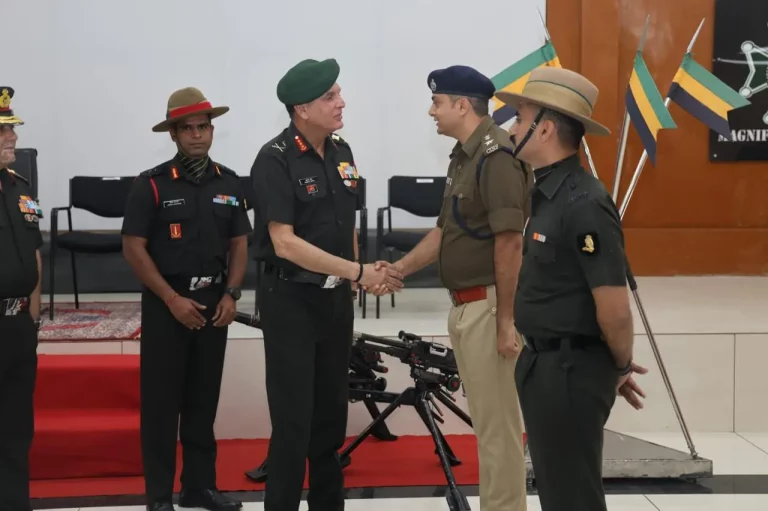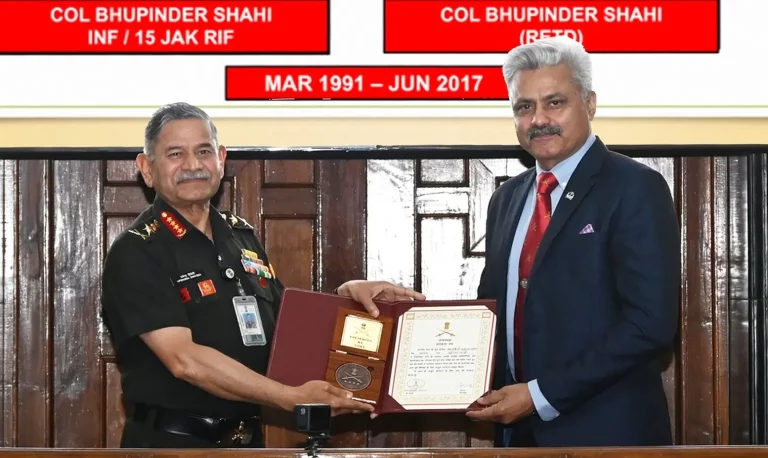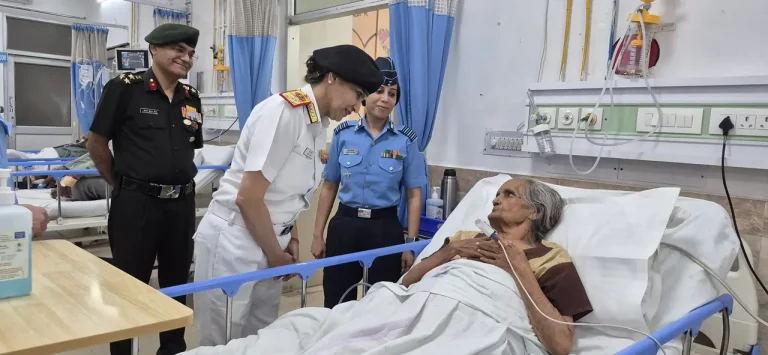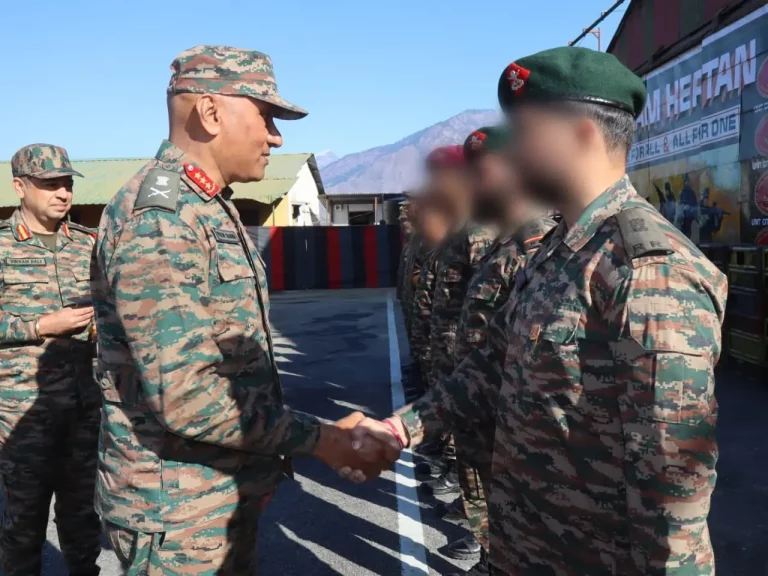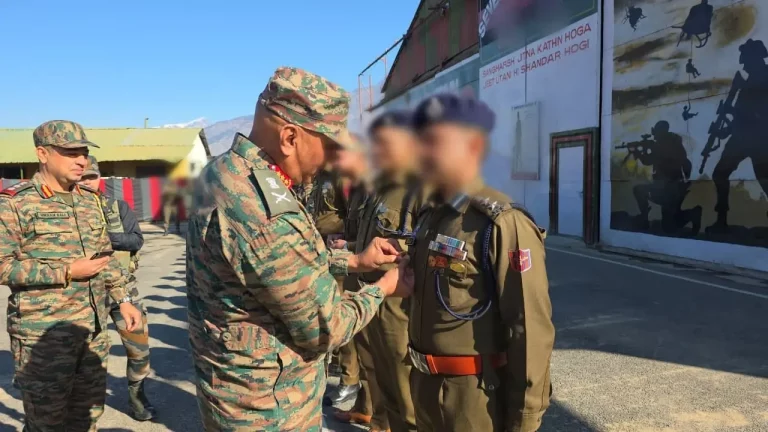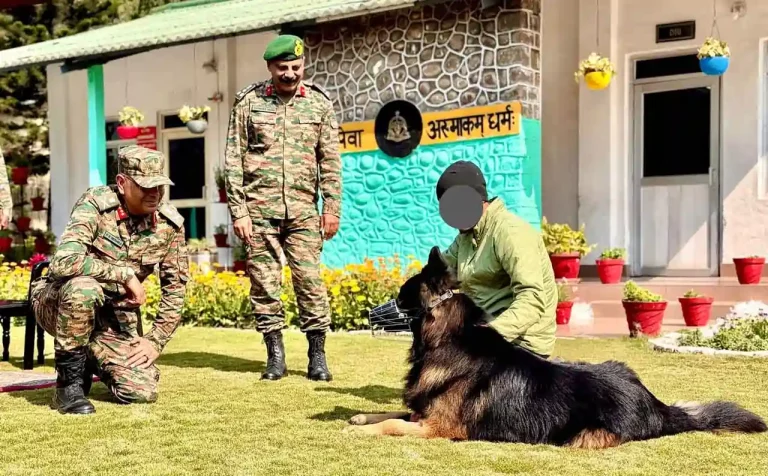In a significant escalation of military actions, Masood Azhar, the chief of Jaish-e-Mohammad (JeM), confirmed the deaths of ten family members and four close associates due to India’s precision airstrikes during Operation Sindoor. This operation was launched in the early hours of Tuesday as a direct response to the Pahalgam terror attack on April 22, which claimed the lives of 26 civilians, primarily tourists.
The airstrikes targeted nine terror camps linked to JeM, Lashkar-e-Taiba, and Hizbul Mujahideen across Pakistan and Pakistan-occupied Kashmir (PoK). Notably, one of the most significant strikes occurred at the Subhan Allah camp in Bahawalpur, which is known as JeM’s stronghold and Azhar’s hometown. This camp, also referred to as the Usman-o-Ali campus, was a vital hub for terror recruitment, fundraising, and indoctrination activities. Eyewitness accounts suggest that the strike virtually obliterated the entire complex, including its mosque, the Jamia Masjid.
Among the casualties reported from the Bahawalpur strike were Azhar’s elder sister, her husband, and several children from his extended family. Also confirmed dead were a close aide of Azhar’s mother and two significant associates. Azhar, considered one of India’s most wanted terrorists, is known to reside in a heavily fortified compound in Bahawalpur.
Another key target of the operation was the Masjid wa Markaz Taiba in Muridke, another prominent JeM facility. While official numbers are still being verified, sources estimate that around 70 to 80 terrorists were neutralized across all targeted sites, including approximately 30 in Bahawalpur and a similar number in Muridke. Visuals from the Subhan Allah site have revealed collapsed structures and significant destruction where the key terror infrastructure once stood.
JeM, founded by Azhar in 2000, has orchestrated several high-profile terror attacks in India, including the infamous 2001 Parliament attack, the 2016 Pathankot airbase attack, and the 2019 Pulwama suicide bombing. The group’s founder was previously released by India in 1999 as part of a hostage exchange following the hijacking of Indian Airlines Flight IC-814.
The Indian airstrikes, lasting approximately 25 minutes, have been characterized by government officials as precise and proportionate, strictly aimed at terror infrastructures without targeting any military or civilian installations.
In response to the escalating tensions, cross-border firing has led to civilian casualties along the Line of Control and International Border, with reports confirming ten civilian fatalities and over 33 injuries. In light of these developments, Indian Home Minister Amit Shah has ordered the immediate evacuation of vulnerable populations in forward areas, reiterating that the safety of civilians remains a priority for the government.
The operation has been widely interpreted as a calculated and robust response to the ongoing threats posed by state-sponsored terrorism originating from across the border, reflecting a strategic shift in India’s approach to dealing with cross-border terror activities.

